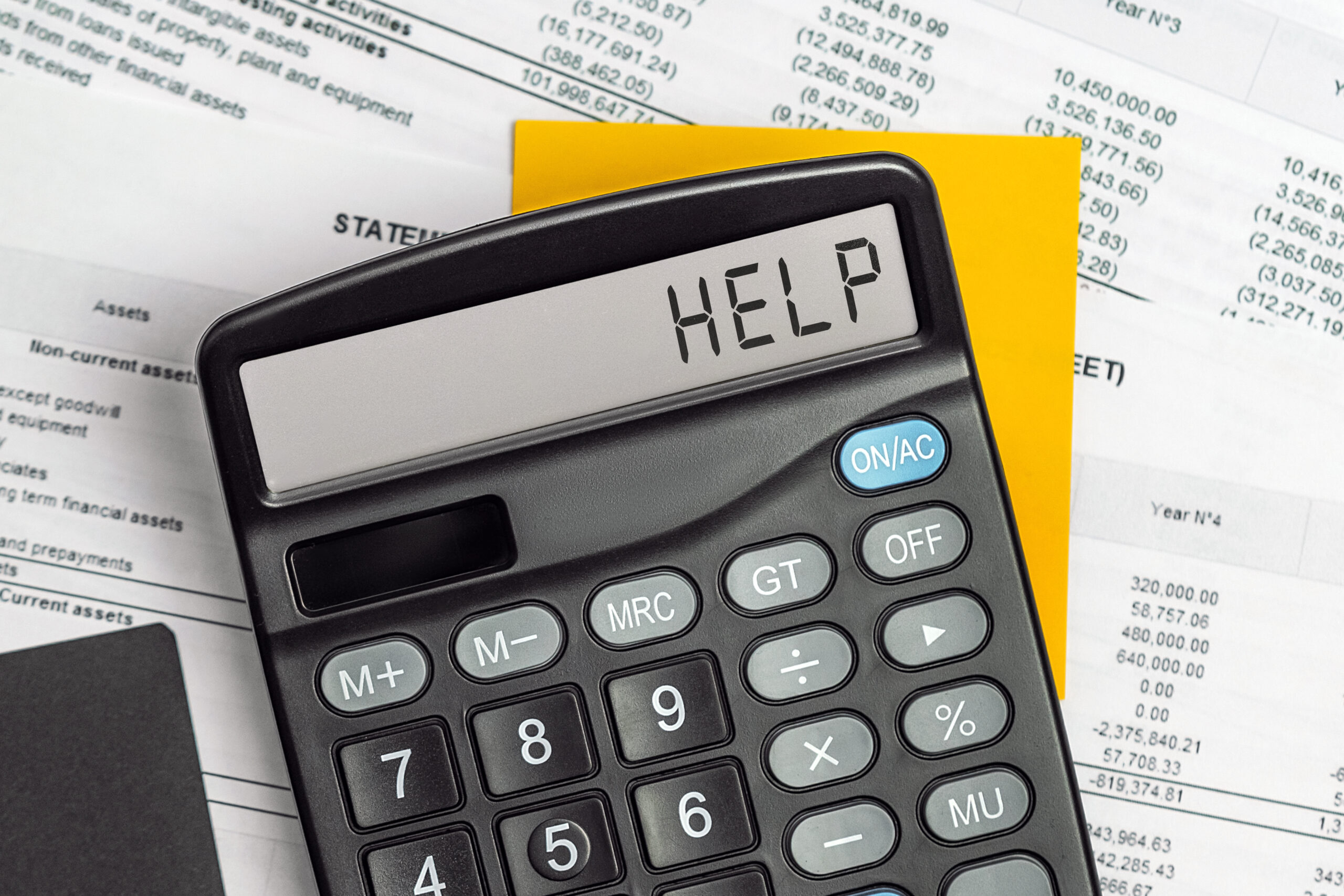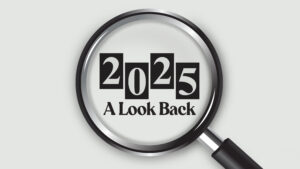Let’s face it: Tax season can sneak up on even the most organized business owners. So if you’ve ever felt overwhelmed by forms and deadlines, you’re not alone. Tackling small business tax preparation early can help you avoid last-minute headaches and set you up for better financial decisions all year long.
In this guide, we’ll break down small business tax preparation into simple steps you can actually use. You’ll see why it pays to plan ahead, get familiar with valuable tax credits, and find straightforward answers to those questions that pop up every tax season.
Jump to:
- A Step-by-Step Plan for Tax Season
- Key Tax Credits for Small Businesses
- Industry-Specific Tips
- Tax Prep FAQs
Why Proactive Tax Planning Is a Game-Changer
Taxes are often seen as a burden, but getting a head start — especially in the year’s final quarter — offers significant benefits.
“When it comes to taxes, so many business owners don’t want to think about them, talk about them, or plan for them,” says Drew Wolf, a certified public accountant (CPA) with Boyum Barenscheer. “But there’s a tremendous amount of benefit that can come from getting a jumpstart on end-of-the-year taxes.”
Here’s how early small business tax preparation can set you up for success.
Improve Financial Forecasting
Meeting with your accountant in the fall allows you to review your year-to-date performance and estimate your tax liability. This forecast is crucial for planning major business moves. Understanding your potential tax bill helps you decide if you can afford to renovate, purchase new equipment, hire more employees, or expand operations.
“The sooner you can get a handle on taxes, which can drastically affect cash flow, the better you can plan for the year ahead,” Wolf says.
Uncover Tax-Saving Opportunities
Early planning gives you a window to leverage tax-saving strategies before the year concludes. For instance, Marshall Varano, a tax partner at the San Diego office of CohnReznick, explains that owners of partnerships or S corps often take distributions during the year. If those withdrawals exceed your tax basis, they can become taxable income.
“But if you check with your CPA during the fall and find you’ve taken out too much in distributions, you have months to fix this potential headache,” Varano says. You could also capitalize on deductions like bonus depreciation. For example, if you plan to buy equipment early in the new year, consider making the purchase before the current year closes to maximize the deduction.
Avoid Costly Errors and IRS Scrutiny
Mistakes on tax forms can draw unwanted attention from the IRS. The earlier you provide financial statements to your accountant, the more time they have to identify and correct any miscues. As tax season intensifies, accountants are hustling to complete work for many clients, which increases the chance of human error.
“Once the books are closed, though, it’s tougher to fix things,” he adds. If you can collect and organize your information by mid-January, you gain an early spot in line with a fresh accountant. “Mistakes do happen, but a more controlled process decreases the risk of reporting errors and expedites the turnaround time,” Varano explains.
A Step-by-Step Plan for Tax Season
Follow these steps to keep your small business tax preparation on track and organized.
- Connect with your accountant early. In the fall, check in with your accountant to get a complete checklist of items needed for tax preparation. Decide who on your team will oversee gathering this information.
- Organize your books. Varano recommends connecting with your bookkeeper for updated numbers to share with your accountant. By mid-December, check in again to ensure the books are current and will be closed successfully when the year ends. “The biggest headaches each year come from the books and records not being in order,” he explains.
- Gather W-9s. You must begin issuing 1099s to vendors by the end of January. Wolf urges operators to confirm they have complete and accurate W-9s on hand by year-end to avoid chasing them down under a tight deadline. “I go back and forth with clients on this documentation more than anything else, and it’s a complete hassle for all of us,” Wolf says.
- Understand your deadlines. While extensions are an option, they don’t delay the payment due date. “It’s true you can always get an extension, but the tax due will be the tax due regardless,” Varano notes.
Key Tax Credits for Small Businesses
Tax credits are highly valuable because they reduce your tax bill on a dollar-for-dollar basis. Discuss these key credits with your CPA to determine if your business qualifies.
- Employee Retention Credit (ERC): Introduced during the pandemic, the ERC rewards businesses for keeping employees on payroll. Even if you missed it previously, you may be able to file an amended return.
- Work Opportunity Tax Credit (WOTC): Authorized until the end of 2025, the WOTC allows businesses to claim a credit of up to $9,600 for hiring qualified employees from specific target groups, including veterans, ex-felons, and individuals with disabilities.
- Disabled Access Credit: The Disabled Access Credit encourages small businesses to comply with the Americans with Disabilities Act (ADA) by reducing the cost of necessary renovations and modifications.
- Retirement Plans Startup Costs Tax Credit: Small businesses with 100 or fewer employees may be able to claim a credit of up to $5,000 for three years. This credit helps cover the costs of starting a new SEP, SIMPLE IRA, or qualified plan like a 401(k).
Industry-Specific Tax Preparation Tips
While the foundations of small business tax preparation are universal, certain industries face unique considerations.
For Retail & E-Commerce Businesses
- Inventory Management: Your method for tracking inventory (like FIFO or LIFO) directly impacts your cost of goods sold (COGS) and, therefore, your taxable income. Discuss the optimal strategy with your accountant.
- Sales Tax Compliance: Selling online to customers in various states creates complex sales tax obligations. Use specialized software or a service to ensure you collect and remit the correct amounts.
- Shipping and Return Costs: Remember to deduct all expenses related to shipping products to customers and processing any returns.
For Hospitality (Restaurants & Cafes)
- Tip Reporting: As an employer, you are responsible for reporting employee tips to the IRS. It’s vital to have a compliant system for tracking and reporting all gratuities.
- FICA Tip Credit: If your employees receive tips, you might be eligible for a tax credit on the Social Security and Medicare taxes you pay on those tips.
- Depreciation on Assets: Restaurant and hotel assets, including equipment, furniture, and fixtures, can be depreciated. Accelerated depreciation methods can offer significant tax savings.
For Tech Startups & Service-Based Businesses
- Research & Development (R&D) Tax Credit: If your business develops or improves products, processes, or software, you could qualify for the R&D tax credit to help offset development costs.
- Stock-Based Compensation: Granting stock options to employees has complex tax implications for both the company and the employee. Professional guidance is essential for compliance.
- Software and Subscription Costs: All subscriptions for software and digital tools used to operate your business are generally fully deductible as business expenses.
Small Business Tax Preparation FAQs
Here are answers to some common questions about small business tax preparation.
What are the main tax deadlines I should know?
For S corps and partnerships, the deadline is typically March 15. For sole proprietorships and single-member LLCs, the deadline is usually April 15. These dates can shift if they fall on a weekend or holiday.
What documents do I need for tax preparation?
Common documents include your profit and loss statement, balance sheet, payroll records, bank and credit card statements, asset purchase details, and records of any estimated tax payments. Your CPA will provide a specific list tailored to your business.
Should I hire a CPA or use tax software?
Tax software can be a good choice for very simple business structures. However, a CPA offers strategic advice, helps navigate complex tax laws, identifies savings opportunities, and can represent you in an audit. The investment often pays for itself.
What is the difference between a deduction and a credit?
A tax deduction reduces your taxable income (e.g., deducting the cost of office supplies). A tax credit directly reduces your final tax bill (e.g., the WOTC). Credits are generally more valuable than deductions of the same dollar amount.
Take Control of Your Tax Strategy
Effective small business tax preparation is a year-round discipline, not a last-minute chore. By planning ahead, maintaining meticulous records, and working with a professional, you can transform tax season from a source of stress into a strategic advantage for your business.
Ready to build a solid tax plan? Consult with a qualified CPA or explore trusted tax software solutions to ensure your business is compliant, efficient, and financially strong.
This article is adapted from a byline originally published on our sister site, Pizza Today. It was last updated here in October 2025.






